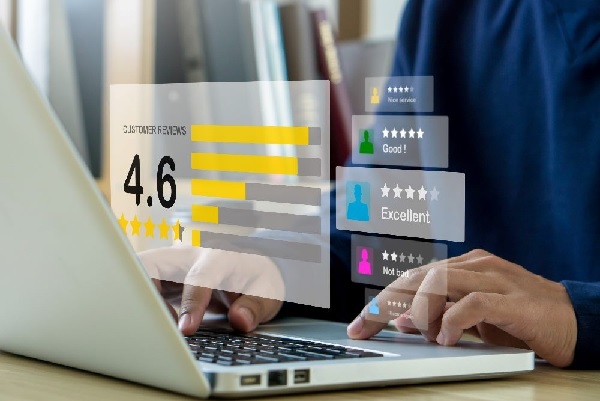Cryptocurrency is a digital asset meant to function as a means of exchange that employs powerful encryption to safeguard financial transactions, regulate the production of new units, and verify asset transfers. Cryptocurrencies are a kind of digital, alternative, or virtual currency.
Cryptocurrency is one of the fascinating new marketplaces today, but it’s also one of the most unpredictable and risky. To succeed in this market, you must be prepared for the consequences of inadequate asset storage, protection, and backup.
For beginners, try Bitcoin Robot. BitConnect website discusses some of the most important aspects of bitcoin trading and the various bitcoin robots presently available. This will help you decide which trading robot is best for you and your bitcoin investment strategy. You should continue with confidence and go to bitconnect.co.
The 6 Things You Should Know About Storing, Securing, and Backing Up Cryptocurrency Funds:
-
Make Sure You’re Using Safe Wallets
It is critical that you only use wallets created by trustworthy firms and developers you can trust. You should also only download wallets from official websites or reputable sources rather than third-party websites since doing so may result in the installation of malware on your computer or mobile device.
-
Avoid Sharing the Secret Key
The secret key verifies that the sender or receiver owns the wallet. This is why keeping everything safe and secure is so critical. Most of the time, you may accomplish it by printing it on paper or storing it as a text file on your computer. You should never reveal the secret key to anybody, and you should never reveal the contents of your wallet.
-
Make Frequent Backups of Your Wallet
You will lose all of your cash if you lose access to your wallet. Thus it is critical that you backup your wallet frequently. If you ever need to recover or create a new wallet on another device, you may do it here. Wallets, like everything else on a computer, may get corrupted. Therefore it’s good to back them up at least once every few weeks. When someone attempts to put money into a corrupted wallet, they will be unable to do so.
-
You Should Always Check SSL Encryption
Before entering any sensitive information like passwords or payment details, be sure both the wallet provider and the exchange you want to use SSL encryption – this is represented by a green padlock symbol on your browser. The same is true while using your phone to access your wallet, particularly if you’re on a public Wi-Fi network. If SSL encryption isn’t used, be wary about dealing with them.
-
Use A Strong Password
When creating a new password, make it complicated and tough to guess. Avoid using popular dictionary terms since you may use them to brute-force your account. It’s best not to use personal data like birthdays, family names, or similar information combined with other easily accessible details about yourself. Create a password because hackers who access your social media accounts can quickly obtain those details.
-
Don’t Click Any Hyperlinks in Messages Related to Cryptocurrency
Criminals often conduct text message phishing assaults that look from your bank or investing business but aren’t—they’re attempting to steal your login credentials by convincing you to click on a hyperlink included in their message. The same holds for emails: do not click on any links that look strange or out of place, even if they appear from recognized people or firms. Instead, go straight to the website by putting the URL into your browser’s address bar.
Final Words
When it comes to storing and keeping your money, cryptocurrencies have the potential to change the internet economy completely. However, they also provide a new set of issues that you must consider.
Cryptocurrencies are kept in digital wallets, which are pieces of software that let you transact with your money. Because these wallets may be directly connected to your bank account, hackers will have an easier time accessing your assets if they get your wallet information.
It’s critical to protect against device failure or data loss, regardless of the method you select to store your cryptocurrency funds.








